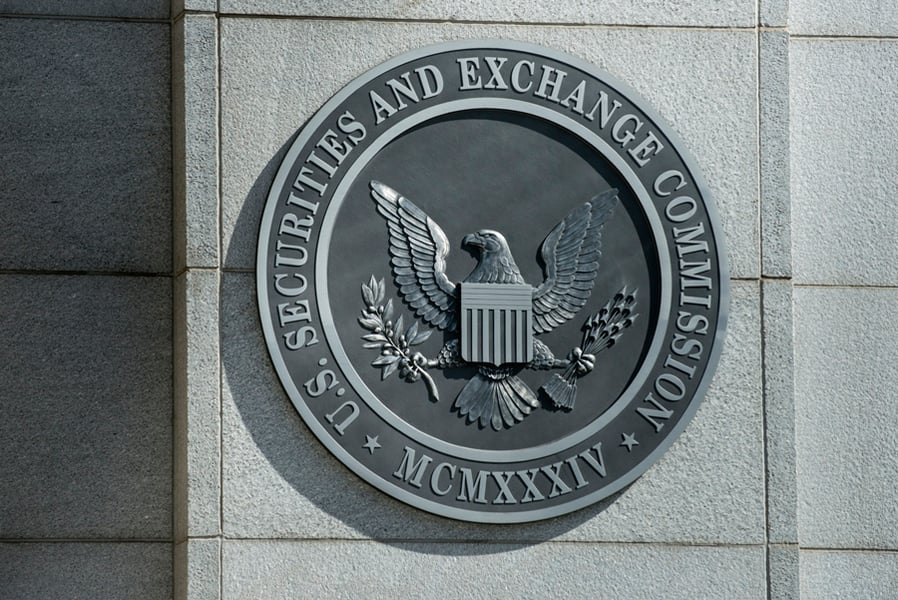The
Securities and Exchange Commission censured and fined Massachusetts Financial Services Co. $1.9 million for misleading investors and prospective clients with false advertisements.
Based in Boston, MFS advertised the superiority of its blended research approach to clients using the firm's hypothetical portfolio,
according to the SEC order. The firm utilizes research that combines fundamental analysts' research ratings and
quantitative models, claiming that two sources yield better returns than one.
However, the advertisements, which circulated from approximately 2006 to 2015, failed to disclose that some of the firm's quantitative ratings used in the hypothetical portfolio were determined using a retroactive, back-tested application.
From 1995 to 2000, MFS used back-tested quantitative ratings. From 2000 to 2003, MFS used some live quantitative ratings and some back-tested ratings.
Meanwhile, MFS falsely claimed in other advertisements that its hypothetical portfolio was based on its quantitative stock ratings dating back to 1995, according to the SEC letter. However, the firm did not have a quantitative research department or generate its own quantitative ratings before the year 2000.
Including data back-tested from an earlier performance period reflected multiple market environments, which contributed to the superior performance of the firm's blended approach in its hypothetical portfolio. MFS advertised its superior returns to advisory clients, prospective institutional clients, broker-dealers, insurance companies, investment advisers and consultants.
For falsely advertising and misleading clients, the SEC is requiring MFS to pay a civil penalty of $1.9 million to the SEC for the United States Treasury. It is also required to fully review its advertisements regarding its investment models, research ratings and strategies.
"As described in the SEC order, MFS voluntarily discontinued the use of the materials in question in late 2015 (prior to the SEC's investigation), consistently labeled them 'hypothetical,' restricted their use to institutional audiences, and generally provided them along with actual standardized returns of its Blended Research products," said an MFS spokesperson in a statement.
"Importantly, the SEC made no finding of any intentional wrongdoing or financial loss to our clients. Indeed, the SEC made no findings questioning the construction or performance of our Blended Research strategies," he continued.
MFS has also enlisted a third-party compliance consultant to assist with its compliance program and ensure appropriate marketing strategies.
According to the SEC release, MFS had approximately $378 billion in regulatory assets under management in 2017. In May 2018, the firm had approximately $21 billion in client assets in blended research strategies.







